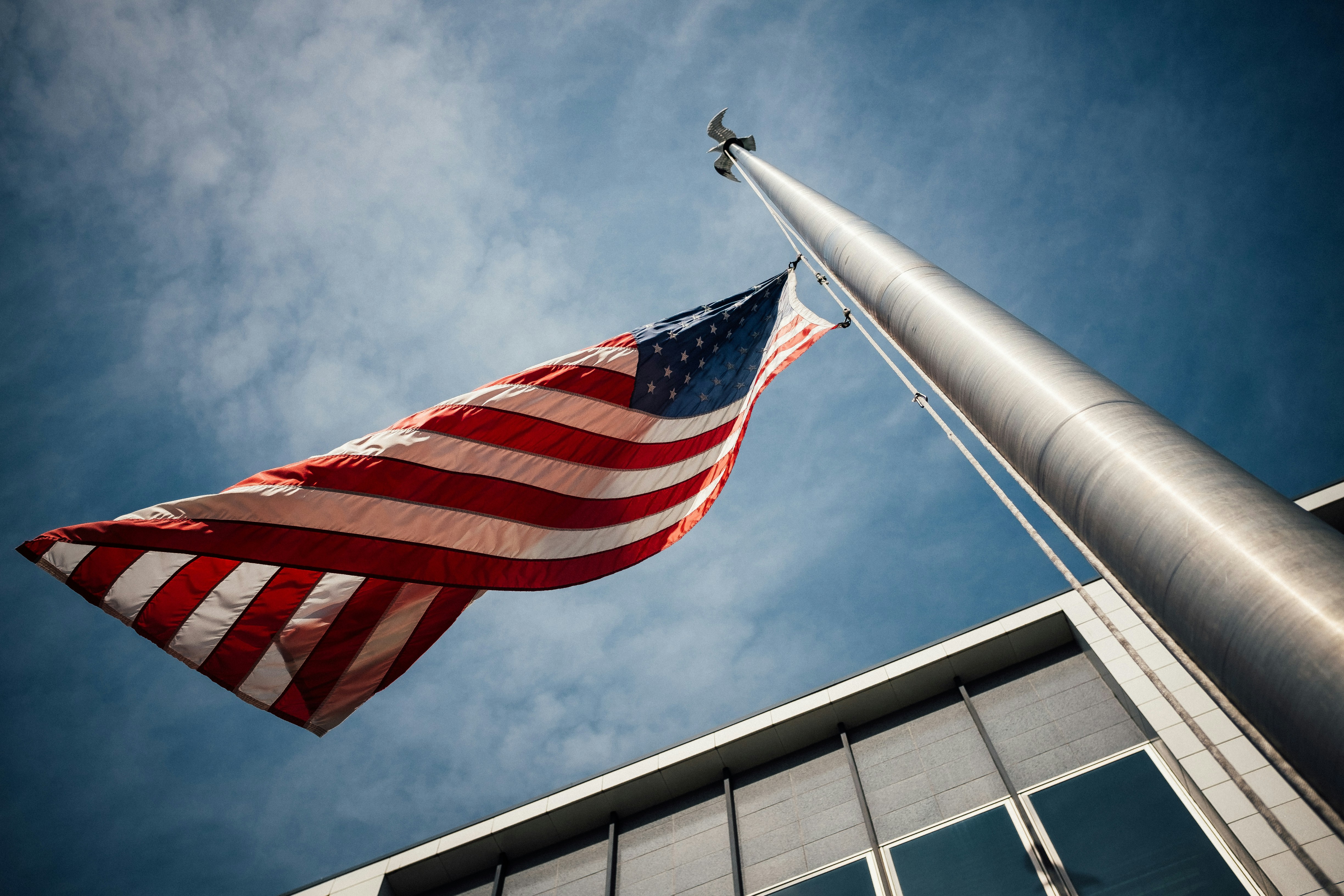Every month, the respected Harvard Harris Poll asks over 2000 Americans about their views on Washington’s leaders and policies—providing a fascinating glimpse into public opinion across party lines. You don’t have to be a political junkie to see that the latest results released today paint a clear picture of a nation largely aligned with many of the Executive Branch’s policy goals—though with one notable caveat.
Unsurprisingly, responses break along party lines on almost every question directly connected to the president or a political party. About a third of respondents identify as independent, and even they are typically split down the middle on hot-button issues. But in this poll, independents tilt favorably toward several of this Administration’s main priorities.
A deeper look at the data reveals two surprises.
First, the topline is President Trump remains quite popular. His overall approval rating is holding steady at 47%. While Democrats remain skeptical—only giving him 14% support, most independents expressed support for his performance across several related areas.
More revealing are Americans’ views on this Administration’s policy priorities. When asked about specific issues—without any partisan labels attached—the results speak volumes. The vast majority of Americans appear to be on board with policies that have fueled President Trump’s agenda since his return to office.
- 84% want lower prescription drug prices
- 78% support deporting illegal immigrants with criminal records
- 71% want to find and eliminate waste and fraud in government spending
- 70% want stronger border enforcement
There is an exception where public sentiment diverges sharply: tariffs.
Some 57% of respondents say the Administration’s tariff policies are harming the economy. Americans are still reeling from months of supply chain disruptions, rising costs, and inflationary pressures. Despite the recent cooling in official inflation numbers, the cost of living and the state of the economy remain their top concerns.
President Trump wisely is acting on the concerns of Americans on inflation from tariffs as shortages and higher prices will likely soon hit. Late Friday, he announced the U.S. will begin setting new tariff rates unilaterally—walking away from the slow pace of planned country-by-country negotiations. In the short term, this could lower tariffs and ease market jitters. But it also risks long-term uncertainty if business leaders think tariffs may be raised over any perceived slight. Congress may quickly move to reclaim its constitutional role in trade policy. Business will blossom and the Fed Reserve is more likely to lower interest rates (helping cut our budget deficits) with economic stability rather than inflationary and sporadic tariffs.
President Trump’s Friday pivot to unilateral tariff changes by country is a real opportunity for the economy and the Administration. If the President can begin scaling back tariffs—without alienating his economic nationalist base—he may get economic stability, lower interest rates and even grow bipartisan support, and could soon break presidential approval records.







.png)